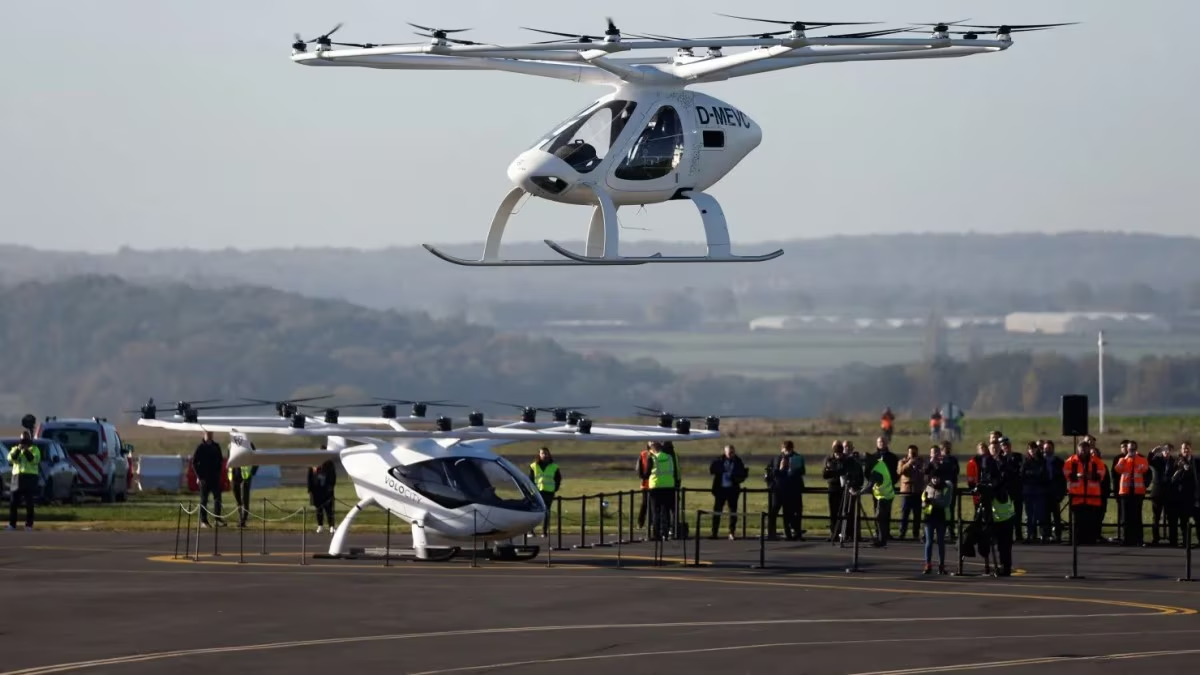Pune hosted the 7th Helicopter and Small Aircraft Summit this week—an event that underscored the Centre’s commitment to redefining regional air connectivity through rotary and light-winged aircraft. The summit brought together key policymakers, state governments, aviation regulators, and private stakeholders to forge the path for an inclusive, agile, and safety-oriented aviation ecosystem.
Union Civil Aviation Minister addressed the gathering with a vision for a more decentralised aviation future, where helicopters and small aircraft are positioned as essential tools in democratising access to air travel. The minister emphasised that the government, under the leadership of the Prime Minister, is focused on building an aviation framework where flying is not a luxury but a practical mode of transport even in rural and underserved regions.Organised jointly by the Ministry of Civil Aviation, the Maharashtra government, Pawan Hans, and FICCI, the event marked a critical step in aligning state-level ambitions with the Centre’s push for regional air empowerment. Over 20 state governments participated alongside senior officials from DGCA, AAI, Pawan Hans, and key private operators.
A major announcement from the summit was the formation of a dedicated Helicopter Directorate under DGCA. This move aims to streamline safety oversight, ease certification processes, and create a single-window clearance mechanism tailored to the unique operational challenges of helicopter operators. The minister also highlighted the success of digital initiatives like the Heli Sewa portal, which is simplifying approvals and slot management across India’s growing rotary aviation network.The government reiterated its commitment to regional connectivity through the UDAN scheme. Several new helicopter routes were awarded under the programme, including services aimed at boosting accessibility in hilly, tribal, and otherwise difficult-to-reach locations. Civil aviation authorities also discussed policy updates, including relaxed certification norms and fresh guidelines for emerging services such as seaplane operations.
Addressing the gathering, the minister stressed the importance of building a robust safety culture across the rotary aviation space. “We cannot afford shortcuts or operational lapses. Whether it’s pilgrimage traffic or rural airlift operations, safety must be the shared priority of the Centre, states, and operators alike,” he said, adding that effective communication and strict protocols are non-negotiable.The summit also saw participation from the International Financial Services Centres Authority (IFSCA), which is exploring opportunities to scale aviation leasing and financing platforms through GIFT City. With helicopters and small aircraft traditionally struggling for capital access, financing innovation was a core focus of discussions between public and private players.
Industry stakeholders used the platform to urge greater support for indigenous manufacturing, ecosystem development, and innovation in operational models. From air ambulance services to short-distance cargo delivery and inter-island transport, the scope for rotary aviation in India is expanding quickly, especially in the context of climate-resilient infrastructure and last-mile connectivity.
As the country looks towards achieving its Viksit Bharat 2047 goals, helicopters and small aircraft are expected to play a pivotal role in creating a decentralised, responsive, and inclusive aviation grid. The Pune summit served as both a reflection of India’s growing aspirations and a collaborative roadmap for future-ready mobility solutions.
Also Read : New Delhi Advances Silo Loading to Boost Coal Logistics


